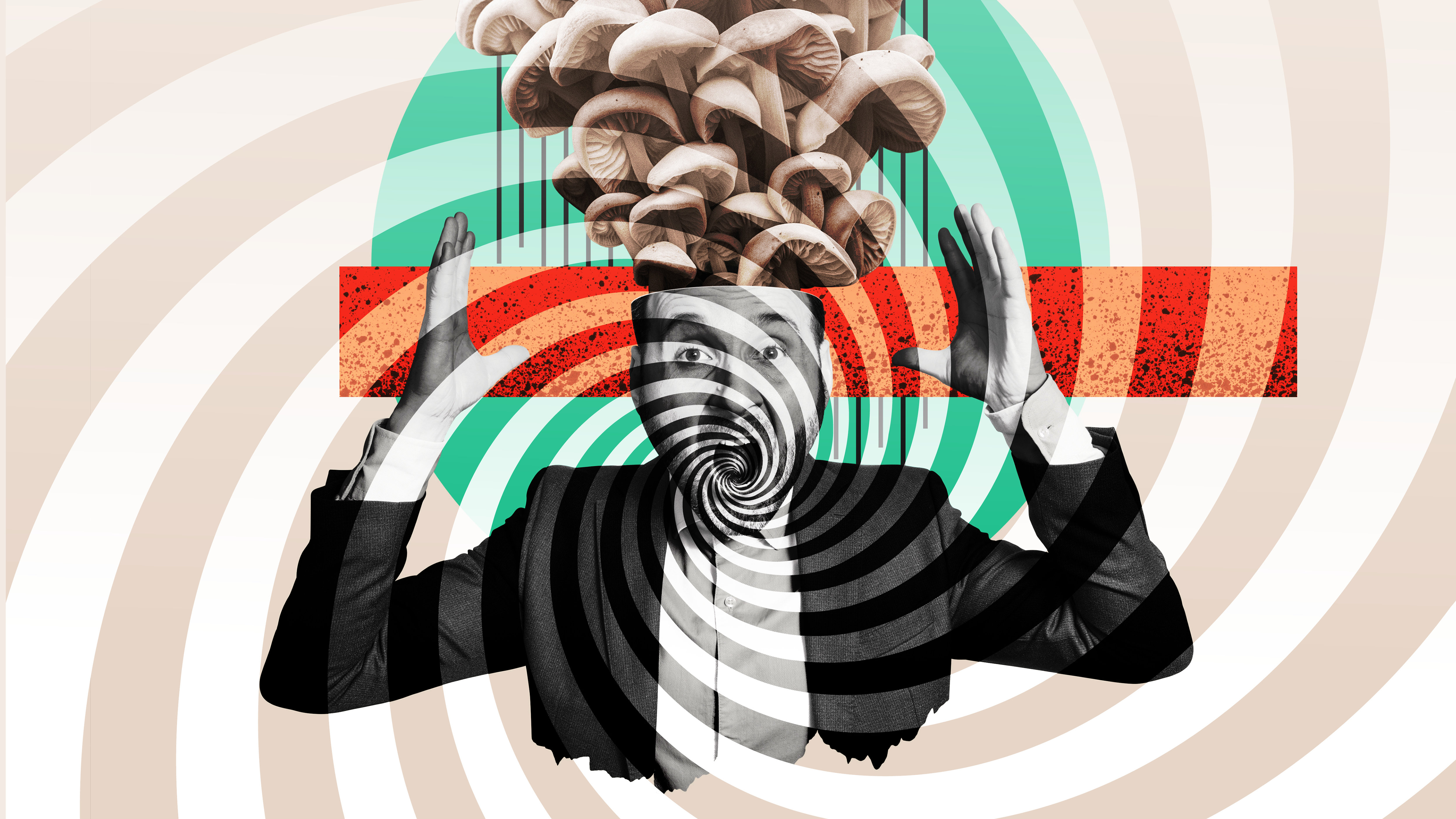It’s a “rapid-acting antidepressant,” a “breakthrough” psychiatric drug that wafts away the burdens of the world with a single dose.
But the hallucinogenic, reality-warping drug ketamine has no FDA approval for the treatment of any psychiatric disorder.
According to its advocates, it provides a detached, otherworldly “trip,” relieving its users from the burden of their cares and offering them an escape from their lives.
Yet, for some, the “escape from life” is all too real and all too permanent. Witness beloved Friends star Matthew Perry. The drug that killed him on October 28, 2023, at the age of 54, was ketamine, a substance easily abused and now coming under increased scrutiny since the arrest of five people—including two doctors and a drug dealer—who are charged with conspiracy to distribute ketamine to the actor they exploited for cash.
Whether snorted, shot, infused or dissolved in a favorite drink, the drug has been lining more and more pockets by the year.
U.S. Attorney Martin Estrada announced the arrests and charges in an August 15 press briefing, in which he described an alleged text from Salvador Plasencia, Perry’s doctor, reading: “I wonder how much this moron will pay.” Plasencia was selling Perry ketamine vials that cost $12 for $2,000 each.
Ketamine, though approved only as an anesthetic for humans and animals, is frequently prescribed “off-label” and has psychedelic, hallucinogenic properties. As one critic noted, “Any U.S. medical provider can offer it off-label for whatever condition they want, from depression and anxiety to OCD and eating disorders, to alcoholism, drug addiction, schizophrenia, bipolar disorder, self-esteem issues, self-actualization … you name it!”
But just because it’s been shown under stringent laboratory conditions to be a “rapid‐acting antidepressant” for unhappy rats and “naïve mice” is no reason to suppose it will do the same without catastrophic side effects for “naïve humans.”
Citizens Commission on Human Rights (CCHR), the nonprofit mental health watchdog, has been monitoring the use, abuse and unrestrained profiteering of ketamine for years and, since December 2023, has been calling for an investigation into what is now a booming ketamine industry.
Whether snorted, shot, infused or dissolved in a favorite drink, the drug has been lining more and more pockets by the year, and the unregulated landscape for ketamine has become, in the words of one psychotherapist, “the wild, wild west.”
To say that the outlook for the ketamine industry is bullish would be the understatement of the decade. According to the psychedelic investment fund PsyMed, there were about 20 independent ketamine clinics in 2019. Within three years, that number multiplied by a factor of 30 to 600. Profits from ketamine grew from $8.3 million in 2017 to $185 million in 2022 according to The Wall Street Journal. Marketwatch estimates the global ketamine market will swell from $132 million in 2021 to $3.8 billion by 2027.
Ketamine’s profitability is matched only by its versatility in degradation and death. Not only has it hooked countless users, but its use as a sedative for police restraint—where the officer has no clue what other illicit or prescription drugs the victim is on—has led to unwarranted deaths at the hands of peace officers entrusted with public safety.
Then there’s ketamine’s use by the true dregs of our species: sexual predators. As a recreational party drug nicknamed “Special K,” “Super C” and “Cat Valium,” among others, ketamine is the monster’s best friend. In addition to wrapping its victim in an unreal dreamlike world, the drug has the peculiar faculty of restricting their freedom of movement. In other words, it’s the ideal date-rape drug, which is what makes it a go-to for that purpose.
Then there’s Matthew Perry, neither the first nor the last innocent to perish from imbibing poison masquerading as panacea.
It took the tragic death of a famous man—someone who, for half a lifetime, was part of the dialogue of our lives—to sound the long-overdue alarm on the dangers of ketamine.
How many more deaths will it take until we respond to that alarm with firm, uncompromising legal limits on the use of ketamine, along with enlisting thousands more to join the already vigorous educational campaign on its dangers and the risks inherent in every such mind-altering drug?
No more. There’s the line in the sand. The heartbreaking and untimely loss of Matthew Perry must at last jolt lawmakers, jurists and regulatory bodies alike into action. It’s high time they snapped the traders in death out of their profit-induced fog and put the brakes on the out-of-control ketamine clown car—before it plunges off the cliff, dragging millions of innocent souls down with it.






















